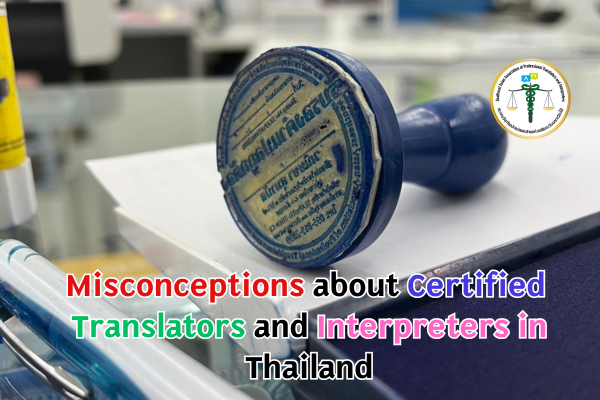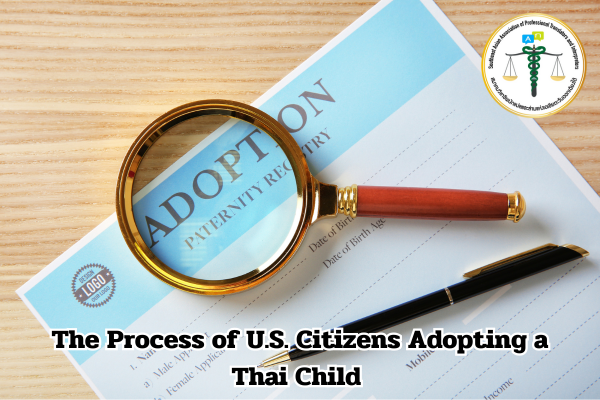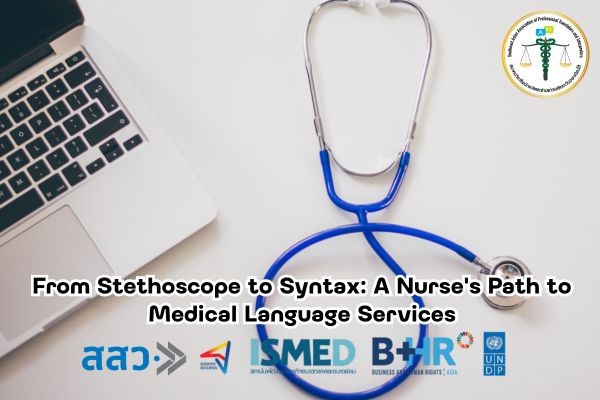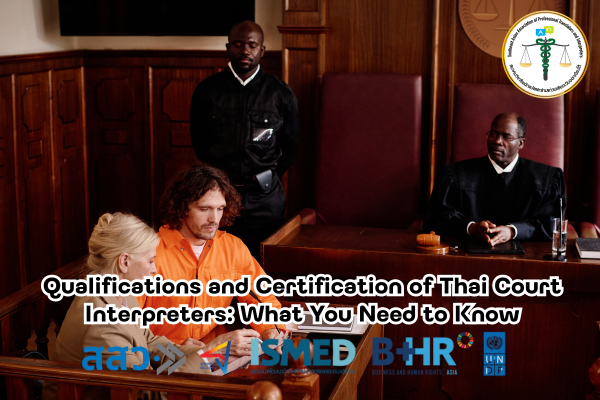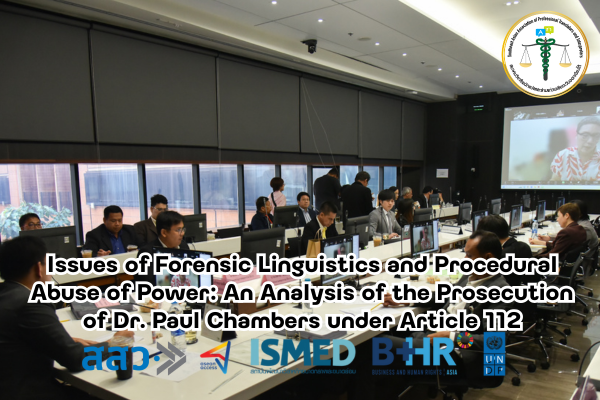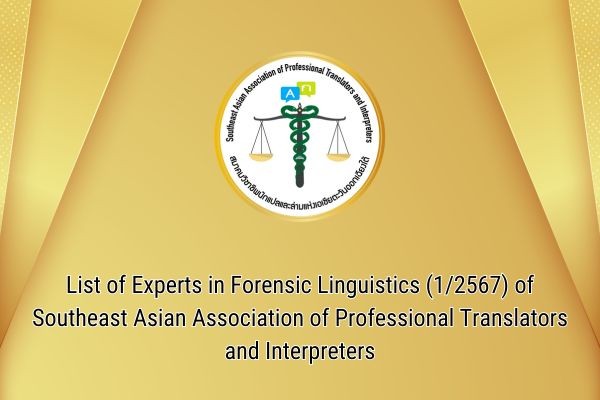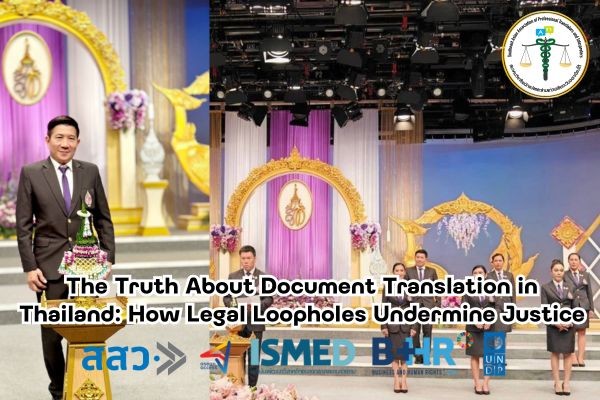Handy Tips and Know-How for Purchasing Property in Thailand for Foreigners
18 February 2025, Bangkok – Thailand has long been one of the most attractive destinations for tourists and investors alike. Known globally for its stunning natural beauty and the famous slogan “Amazing Thailand,” the country sees millions of tourists every year. Many of these visitors choose to make Thailand their second home, while others see it as a prime location for business opportunities.
Over the years, property purchases by foreigners in Thailand have surged, especially in Bangkok and Pattaya, two major tourist hubs. Condominiums in urban areas and beachfront properties in places like Pattaya offer attractive investment opportunities, as they come with relatively low costs and high rental yields. For the same amount of money you might spend in your home country, you can own a luxurious condo in Thailand’s largest city.
However, buying property in Thailand as a foreigner can be daunting. The country’s legal system, different measurement units, and language barriers may leave foreign buyers vulnerable to costly mistakes. While some may be fortunate and have no issues, others may encounter legal and financial troubles if they are not careful. This article will guide you through the essentials of purchasing property in Thailand, while also touching on the role of professional translators and interpreters in making the process smoother.
Common Pitfalls in Purchasing Property in Thailand
The legal and practical aspects of buying property in Thailand can sometimes be confusing for foreigners. Unfamiliarity with the local legal system and the measurement standards used in property transactions could lead to costly errors. Other issues that may arise include:
- Lack of ownership rights for foreigners
- Sellers who may not be able to validly transfer property ownership
- Miscommunication during negotiations due to language barriers
- Poorly managed paperwork that can result in future complications, including loss of rights
- Problems related to lease terms and developer defaults
- Issues with off-plan developers failing to complete construction
Foreign Ownership of Real Estate in Thailand
Thailand allows foreigners to purchase real estate, but the process comes with restrictions, particularly when it comes to land ownership. Foreigners are generally not allowed to own land in Thailand, but there are exceptions and legal pathways to owning property under certain conditions.
-
Land Ownership
While foreigners are typically prohibited from owning land in Thailand, exceptions exist. For instance, if a foreigner invests a significant amount in Thailand’s economy (at least 40 million baht), they may be allowed to own up to one rai (0.4 acres) of land. This is a rare opportunity that may not be practical for everyone. Foreign businesses may also own land under similar conditions, provided the investment benefits the Thai economy. Furthermore, the land cannot be transferred or sold to another party, and if it is not used for residential purposes within two years, it must be sold. -
Building Ownership
Foreigners can own buildings in Thailand under certain conditions. The general rule for condominium ownership is that foreigners can own up to 49% of the total units in a building. However, if the condominium has already reached its foreign ownership limit, foreigners can still purchase property under leasehold agreements. This allows foreigners to lease land while owning the building on top of it. Once the building has a separate title deed, it can be freely traded, and the owner has full control over the property, provided all legal documents are correctly executed.
The Role of Certified Translators and Interpreters
Navigating the property purchase process in Thailand can be complicated, especially if you don’t speak the language or fully understand the legal system. This is where certified translators and interpreters from SEAProTI (Southeast Asian Association of Professional Translators & Interpreters) come in. They play a crucial role in making the process smoother for foreigners.
Certified translators ensure that all key documents, including contracts, agreements, and official papers, are accurately translated. This prevents misunderstandings or errors that could arise from misinterpreted legal terms. For example, a misstep in translating a property agreement could lead to serious legal and financial consequences.
Interpreters also help in facilitating communication between the buyer and the seller. During negotiations, a qualified interpreter ensures that both parties understand each other’s intentions and that the terms of the deal are clearly articulated. This is particularly important in real estate transactions where any miscommunication could result in complications, delays, or even disputes.
By having professional interpreters and certified translators involved, foreign buyers can rest assured that they are making informed decisions and protecting their interests in every step of the process. SEAProTI’s services help ensure that legal terms are adhered to, and that property transactions are handled smoothly and correctly.
Conclusion
Buying property in Thailand as a foreigner is possible, but it comes with its own set of challenges. Understanding the local legal environment, knowing your rights, and being careful about your paperwork can make the process much easier and more secure. Engaging the services of professional translators and interpreters from SEAProTI ensures that communication flows smoothly, documents are accurately translated, and any potential misunderstandings are avoided. With the right support, you can confidently navigate the property market in Thailand and make a successful investment.
SEAProTI’s certified translators, translation certification providers, and certified interpreters:
The Southeast Asian Association of Professional Translators and Interpreters (SEAProTI) has officially announced the criteria and qualifications for individuals to register as “Certified Translators,” “Translation Certification Providers,” and “Certified Interpreters” under the association’s regulations. These guidelines are detailed in Sections 9 and 10 of the Royal Thai Government Gazette, issued by the Secretariat of the Cabinet under the Office of the Prime Minister of the Kingdom of Thailand, dated July 25, 2024, Volume 141, Part 66 Ng, Page 100.
To read the full publication, visit the Royal Thai Government Gazette
เคล็ดลับและข้อควรระวังในการซื้ออสังหาริมทรัพย์ในประเทศไทยสำหรับชาวต่างชาติ
18 กุมภาพันธ์ 2568, กรุงเทพมหานคร – ประเทศไทยถือเป็นหนึ่งในจุดหมายปลายทางที่น่าดึงดูดสำหรับนักท่องเที่ยวและนักลงทุนจากทั่วทุกมุมโลก สถานที่ท่องเที่ยวที่หลากหลายและความงดงามของธรรมชาติ รวมถึงภาพลักษณ์ที่ถูกสร้างขึ้นจากสโลแกน “Amazing Thailand” ทำให้ประเทศไทยเป็นที่รู้จักในระดับสากล นักท่องเที่ยวจากทั่วโลกมักเลือกประเทศไทยเป็นจุดหมายปลายทางหลัก หรือบางคนถึงกับเลือกที่จะย้ายมาอยู่ในประเทศไทยในฐานะบ้านหลังที่สอง
ในช่วงหลายปีที่ผ่านมา อสังหาริมทรัพย์ในประเทศไทย โดยเฉพาะในกรุงเทพฯ และพัทยา ได้รับความนิยมอย่างมากจากนักลงทุนชาวต่างชาติ การลงทุนในอสังหาริมทรัพย์ประเภทคอนโดมิเนียมในเมืองใหญ่หรือพื้นที่ใกล้ทะเลได้รับความสนใจสูง เนื่องจากมีราคาที่ไม่สูงเกินไปและสามารถให้ผลตอบแทนจากการเช่าได้ดี การซื้อคอนโดในประเทศไทยสามารถให้ผลตอบแทนที่คุ้มค่ากว่าในประเทศที่มีราคาที่ดินและอสังหาริมทรัพย์สูง
อย่างไรก็ตาม การซื้ออสังหาริมทรัพย์ในประเทศไทยนั้นไม่ใช่เรื่องที่ง่ายสำหรับทุกคน โดยเฉพาะชาวต่างชาติที่ไม่คุ้นเคยกับระบบกฎหมายและกระบวนการซื้อขายที่แตกต่างจากประเทศของตน นอกจากจะต้องพิจารณาหลายปัจจัยเกี่ยวกับสถานที่ตั้ง ราคา และเงื่อนไขการชำระเงินแล้ว ยังมีประเด็นที่ควรระวังมากมายที่อาจทำให้เกิดปัญหาหรือความเข้าใจผิดได้
สิ่งที่อาจผิดพลาดในการซื้ออสังหาริมทรัพย์ในประเทศไทย
หนึ่งในปัญหาหลักที่มักเกิดขึ้นกับชาวต่างชาติที่ซื้ออสังหาริมทรัพย์ในประเทศไทยคือ ความไม่คุ้นเคยกับระบบกฎหมายท้องถิ่น และความแตกต่างในระบบการวัดขนาดที่อาจทำให้เกิดการเข้าใจผิดในการทำธุรกรรม ซึ่งอาจทำให้ผู้ซื้อเสี่ยงที่จะถูกหลอกลวงได้ง่ายๆ หากไม่ได้รับคำแนะนำที่ดี
นอกจากนี้ยังมีปัญหาอื่นๆ ที่อาจเกิดขึ้นเช่น การที่ผู้ซื้อไม่มีสิทธิ์ในกรรมสิทธิ์ของอสังหาริมทรัพย์ หรือการที่ผู้ขายไม่สามารถโอนกรรมสิทธิ์ให้ได้ตามที่ตกลงกันไว้ รวมถึงปัญหาในการสื่อสารที่เกิดจากอุปสรรคทางภาษา ที่อาจทำให้เกิดความเข้าใจผิดระหว่างผู้ซื้อและผู้ขายในระหว่างการเจรจาต่อรอง
การเป็นเจ้าของอสังหาริมทรัพย์โดยชาวต่างชาติในประเทศไทย
ตามกฎหมายไทย ชาวต่างชาติสามารถซื้ออสังหาริมทรัพย์ในประเทศไทยได้ แต่มีข้อจำกัดบางประการที่ต้องพิจารณา โดยเฉพาะการเป็นเจ้าของที่ดิน ซึ่งโดยปกติแล้ว ชาวต่างชาติไม่สามารถเป็นเจ้าของที่ดินได้ แต่ก็ยังมีช่องทางบางประการที่สามารถเป็นเจ้าของอสังหาริมทรัพย์ในประเทศไทยได้
-
การเป็นเจ้าของที่ดิน หากชาวต่างชาติสามารถลงทุนในประเทศไทยอย่างน้อย 40 ล้านบาทผ่านการซื้อพันธบัตรรัฐบาลหรือการลงทุนในโครงการที่ได้รับการอนุมัติจากกระทรวงการคลัง ก็อาจได้รับอนุญาตให้ซื้อที่ดินในพื้นที่ที่ได้รับอนุญาตเพื่อใช้เป็นที่อยู่อาศัย แต่ก็ต้องมีข้อจำกัดที่ต้องระวัง เช่น การได้รับการอนุมัติจากกระทรวงและข้อกำหนดในการใช้ที่ดินภายในเวลาที่กำหนด
-
การเป็นเจ้าของอาคาร สำหรับอสังหาริมทรัพย์ประเภทคอนโดมิเนียม ชาวต่างชาติสามารถซื้อได้ไม่เกิน 49% ของพื้นที่ทั้งหมดในโครงการที่กำหนดไว้ หากโครงการนั้นเต็มจำนวนการขายให้แก่ชาวต่างชาติแล้ว ชาวต่างชาติอาจเลือกซื้ออสังหาริมทรัพย์ในลักษณะของสัญญาเช่าระยะยาว
บทบาทของนักแปลและล่ามรับรองในกระบวนการซื้ออสังหาริมทรัพย์
การซื้ออสังหาริมทรัพย์ในประเทศไทยสำหรับชาวต่างชาติอาจซับซ้อนโดยเฉพาะในด้านการสื่อสาร การเข้าใจเอกสารทางกฎหมาย และการเจรจาต่อรอง ซึ่งอาจทำให้เกิดความสับสนหรือความเข้าใจผิดได้ ดังนั้น บทบาทของนักแปลและล่ามรับรองจาก สมาคมวิชาชีพนักแปลและล่ามแห่งเอเชียตะวันออกเฉียงใต้ (SEAProTI) จึงมีความสำคัญอย่างยิ่งในการช่วยให้กระบวนการต่างๆ เป็นไปอย่างราบรื่นและปลอดภัย
นักแปลรับรองสามารถช่วยแปลเอกสารที่สำคัญ เช่น สัญญาซื้อขาย และเอกสารทางกฎหมายที่เกี่ยวข้องให้เป็นภาษาไทยและภาษาของผู้ซื้ออย่างถูกต้อง ทำให้ผู้ซื้อมั่นใจได้ว่าเอกสารทางกฎหมายทุกฉบับได้รับการแปลอย่างถูกต้องและเป็นไปตามกฎหมายไทย
ล่ามรับรองก็มีบทบาทในการช่วยในการสื่อสารระหว่างผู้ซื้อและผู้ขายในระหว่างการเจรจา โดยแปลภาษาได้อย่างแม่นยำ ทำให้ทั้งสองฝ่ายเข้าใจในข้อกำหนดและเงื่อนไขต่างๆ อย่างชัดเจนและถูกต้อง การใช้บริการจากนักแปลและล่ามรับรองจึงสามารถช่วยลดความเสี่ยงจากการเข้าใจผิดและปัญหาต่างๆ ที่อาจเกิดขึ้น
สรุป
การซื้ออสังหาริมทรัพย์ในประเทศไทยสำหรับชาวต่างชาติเป็นกระบวนการที่สามารถทำได้ แต่ต้องมีความเข้าใจในรายละเอียดต่างๆ ทั้งในแง่ของกฎหมาย ข้อกำหนดทางธุรกิจ และขั้นตอนการทำธุรกรรมที่ถูกต้อง เพื่อหลีกเลี่ยงปัญหาที่อาจเกิดขึ้น การใช้บริการจากนักแปลรับรองและล่ามรับรองจาก SEAProTI จะช่วยให้กระบวนการนี้เป็นไปอย่างราบรื่นและปลอดภัย ช่วยให้ชาวต่างชาติสามารถลงทุนในอสังหาริมทรัพย์ในประเทศไทยได้อย่างมั่นใจ
เกี่ยวกับนักแปลรับรอง ผู้รับรองการแปล และล่ามรับรองของสมาคมวิชาชีพนักแปลและล่ามแห่งเอเชียตะวันออกเฉียงใต้
สมาคมวิชาชีพนักแปลและล่ามแห่งเอเชียตะวันออกเฉียงใต้ (SEAProTI) ได้ประกาศหลักเกณฑ์และคุณสมบัติผู้ที่ขึ้นทะเบียนเป็น “นักแปลรับรอง (Certified Translators) และผู้รับรองการแปล (Translation Certification Providers) และล่ามรับรอง (Certified Interpreters)” ของสมาคม หมวดที่ 9 และหมวดที่ 10 ในราชกิจจานุเบกษา ของสำนักเลขาธิการคณะรัฐมนตรี ในสำนักนายกรัฐมนตรี แห่งราชอาณาจักรไทย ลงวันที่ 25 ก.ค. 2567 เล่มที่ 141 ตอนที่ 66 ง หน้า 100 อ่านฉบับเต็มได้ที่: นักแปลรับรอง ผู้รับรองการแปล และล่ามรับรอง



